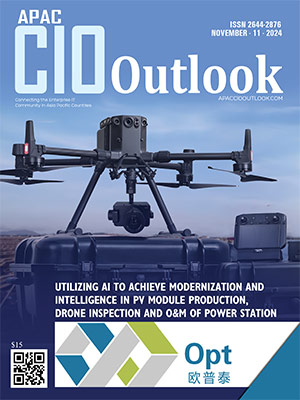The Asia-Pacific (APAC) region is witnessing a surge in AI adoption, driven by technological innovation, government initiatives, and growing business demand. Countries like China, Japan, South Korea, and emerging players such as Vietnam are becoming focal points for AI advancements, with the diversity in AI maturity levels fostering a dynamic and competitive environment.
The region’s focus on Generative AI is a significant development that is transforming industries—from content creation to customer experience. The release of models like Llama-2 and the upcoming Llama-3 democratizes AI access, empowering smaller businesses to leverage capabilities exclusive to tech giants.
Advancements in image and video generation are transforming creative industries, with models like Stable Diffusion's SDXL transforming real-time content creation and facilitating personalized customer interactions. As generative AI evolves, businesses harness its automation capabilities and enhance user experiences, particularly in marketing and entertainment.
The region is dealing with infrastructural challenges to accommodate AI’s compute-intensive nature. There is a strong push towards developing high-density data centers tailored to support AI workloads while balancing the need for sustainable energy use. This trend is especially notable in countries like Japan and Singapore, where data centers adopt eco-friendly practices to tackle concerns about the environmental impact of AI operations.
The region's growth in AI is also highlighted by ongoing efforts to address talent shortages. Although countries like Vietnam and India boast a strong base of IT professionals, more specialized AI expertise is still needed. This has led to initiatives focused on upskilling the workforce. Emerging educational programs and AI-centric communities are crucial in cultivating a new generation of AI talent.
Likewise, the AI trajectory in the APAC region also highlights the importance of ethical AI development. Governments and businesses are progressively adopting guidelines to promote responsible AI use, especially in response to regulatory challenges related to data privacy and algorithmic bias.
This edition, Artificial Intelligence 2024, highlights Optech Technology, which specializes in the research and development, production, and sales of automated detection equipment and AI detection systems for various process flows in module manufacturing.
The magazine also features the expert perspectives of Kemi Nelson, Vice President, Liberty Mutual Insurance, and Matthew Yap, Sr. Manager Design Engineering at Microchip Technology. These esteemed professionals share their invaluable insights concerning the developments and challenges within the industry, along with the possible solutions. We hope these valuable insights from industry leaders featured in this edition will assist you in making informed decisions for your businesses.
Let us know your thoughts.





































